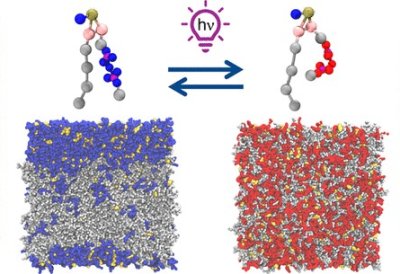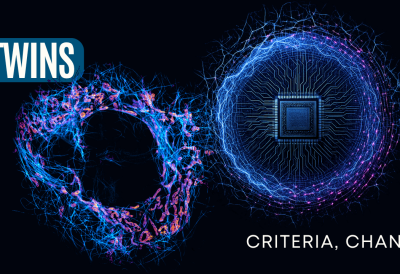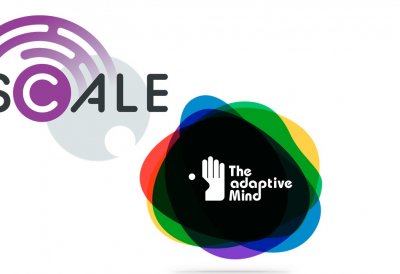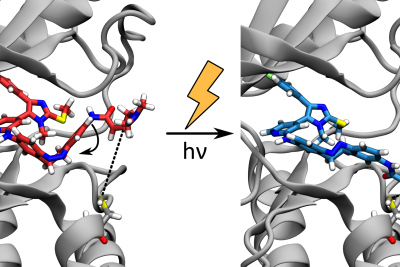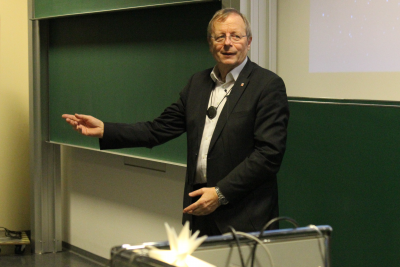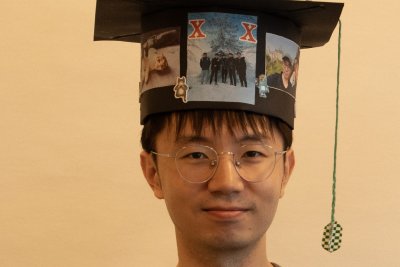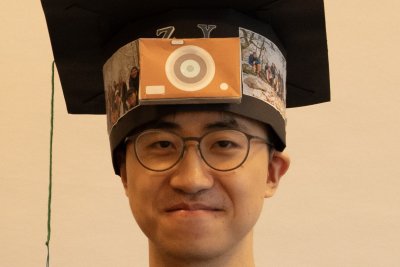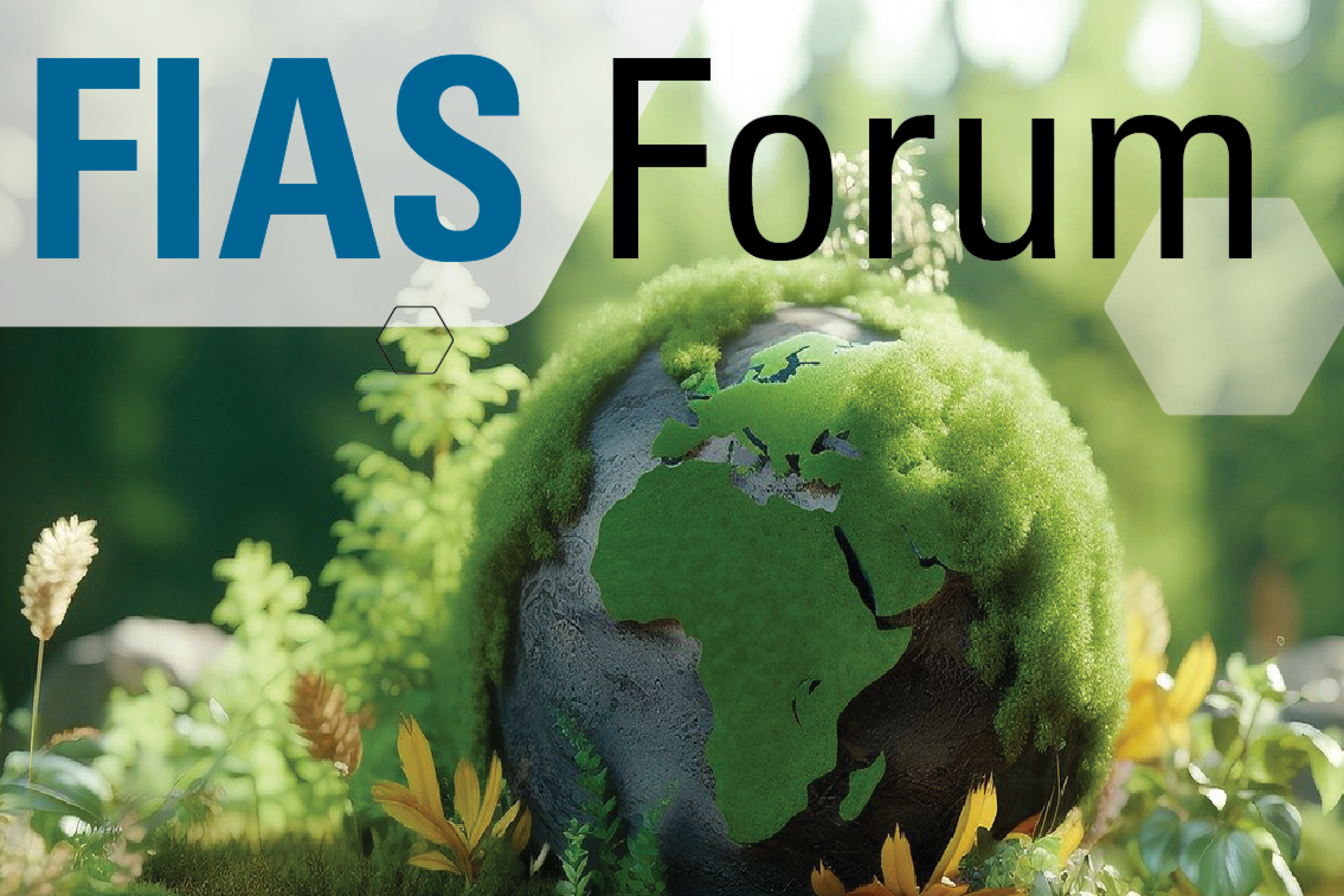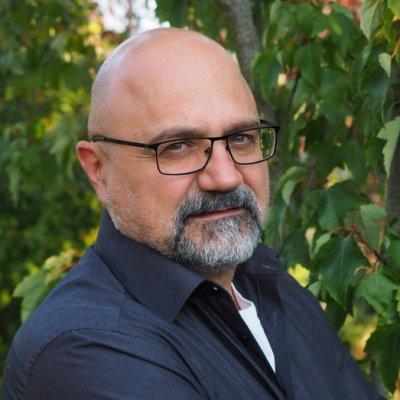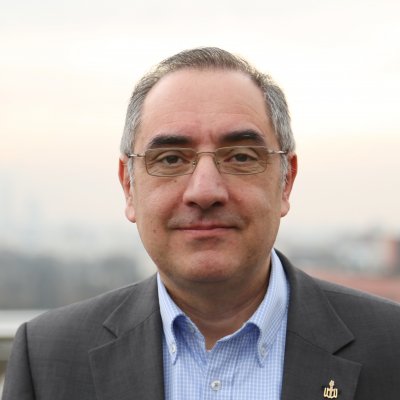FIAS (Frankfurt Institute for Advanced Studies)
...is an interdisciplinary research institution in Frankfurt/Germany. Our Fellows develop theories on complex interdisciplinary topics of the future. The non-profit foundation supports 130 scientists cooperating with Goethe University and surrounding research institutes as well as private donors and sponsors.
Quality, integrity and clear standards
At FIAS, quality and integrity form the backbone of our scientific endeavors. Upholding the highest ethical standards is essential for fostering trust, ensuring transparency, and advancing respected research.
Learn more about our commitment to ethical working practices, strict honesty and consistent critical reflection. These elementary rules are essential for respected scientific work and the public's trust in the scientific community. At FIAS, we set clear standards and promote a discourse based on criteria of scientific integrity and truth.

Research Areas
Theoretical Sciences
Theoretical natural sciences seek to uncover the universal principles that underlie the complexity of our world. Instead of focusing solely on individual observations, researchers aim to describe diverse natural phenomena through a small set of fundamental laws – from the behavior of elementary particles to the structure of the cosmos.
Computer Science and KI-Systems
Computer science and artificial intelligence have become essential tools across the sciences. They enable the analysis of vast datasets, the simulation of complex systems, and the development of adaptive algorithms that can reveal new connections. With the power of high-performance computing and intelligent software, researchers are opening up entirely new ways of exploring scientific questions.
Life and Neuro Sciences
Life and neurosciences explore the fascinating complexity of biological systems – from single molecules to thought, behavior, and consciousness. Theoretical approaches, mathematical models, and computer simulations play an increasingly central role in analyzing dynamic processes, revealing underlying patterns, and understanding the principles that govern living systems.
